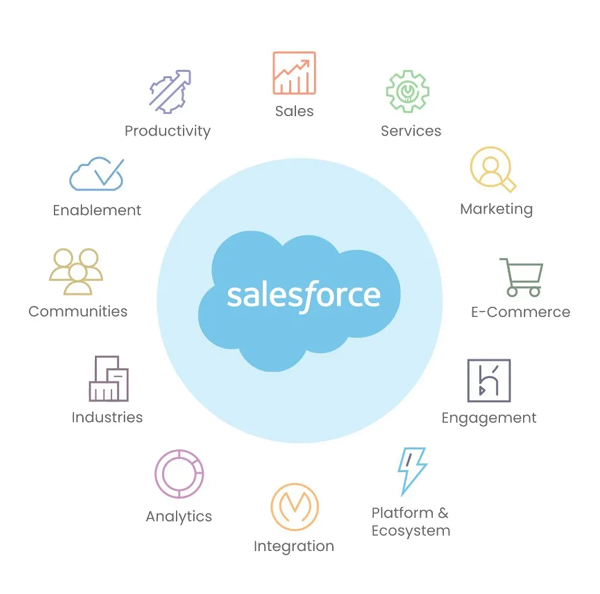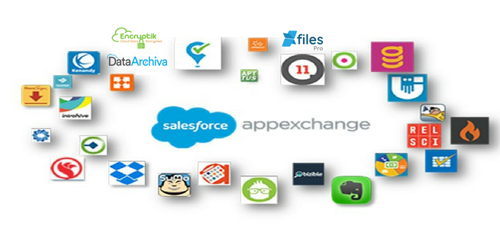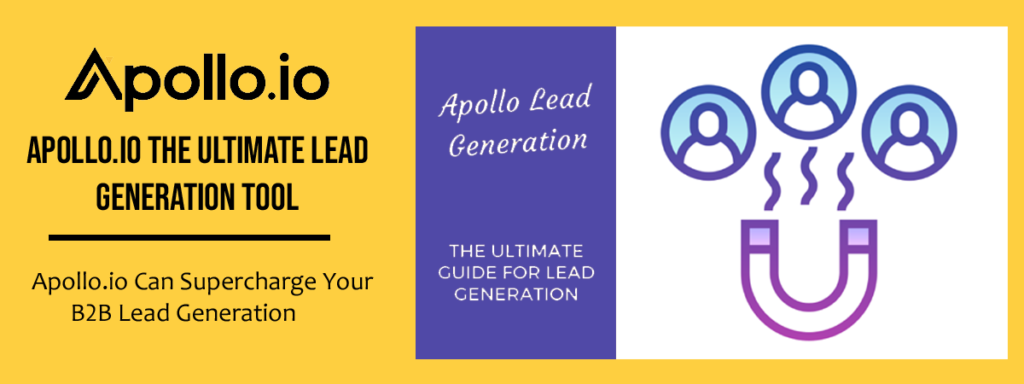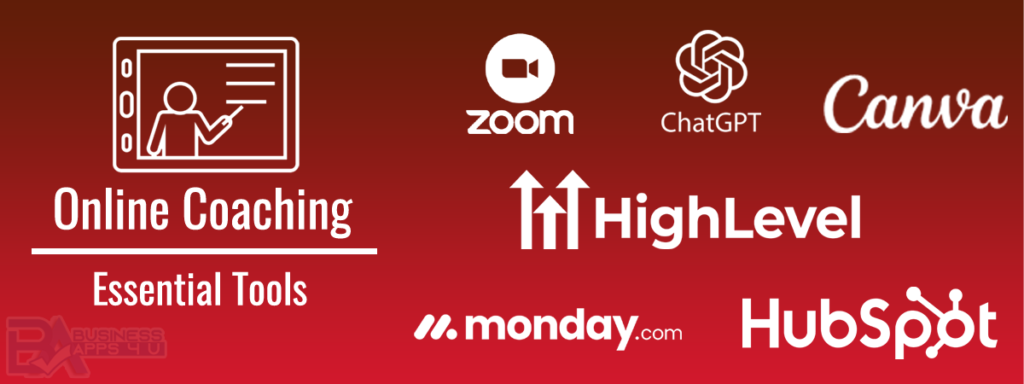Salesforce is a globally recognized customer relationship management (CRM) platform that has revolutionized how businesses interact with their customers. With its cloud-based solutions, Salesforce empowers organizations to streamline operations, enhance customer engagement, and drive growth. From startups to Fortune 500 companies, Salesforce offers tools and services designed to cater to businesses of all sizes and industries.
In this article, we’ll explore what makes Salesforce a market leader, its core features, and its pricing options. We’ll also dive deeper into its core components and answer common questions to help you understand why Salesforce is the right CRM for your business.
What is Salesforce?
Salesforce is a comprehensive cloud-based CRM solution that helps businesses manage customer relationships, streamline workflows, and improve sales and marketing processes. Beyond CRM, Salesforce offers an extensive ecosystem of tools for customer service, analytics, application development, and more. Its modular approach allows businesses to choose and configure solutions tailored to their needs.
The platform’s ability to integrate with various applications and provide actionable insights has made it indispensable for businesses worldwide. Whether managing customer support or automating marketing campaigns, Salesforce’s versatility ensures every business function operates efficiently.

Key Features of Salesforce
Here are some standout features of Salesforce:
- Customization: Build workflows, dashboards, and reports that fit your business needs.
- Integration: Connect seamlessly with third-party tools like Slack, Google Workspace, and more.
- Automation: Leverage AI tools like Einstein AI for predictive analytics and task automation.
- Scalability: Whether you are a small business or a global enterprise, Salesforce can scale with your needs.
- Mobile Access: Access your CRM on-the-go with the Salesforce mobile app.
- Data Security: Industry-leading security measures to protect customer data.

Why Choose Salesforce?
Businesses choose Salesforce for its:

Enhanced Customer Insights
Gain a 360-degree view of your customers.

Robust Collaboration Tools
Improve teamwork with integrated tools like Slack and Quip.

Versatility Across Industries
Tailored solutions for retail, healthcare, finance, manufacturing, and more.

Global
Community
Access a vast support network of experts and training resources through Trailhead.

Continuous
Innovation
Regular updates and new features to stay ahead of market trends.
Core Components of the Salesforce Ecosystem
Here is a detailed breakdown of Salesforce’s core components and their individual features:
1. Sales Cloud
Designed to help businesses manage their sales processes efficiently.
- Lead Management: Track and nurture leads throughout the sales pipeline.
- Opportunity Management: Monitor potential deals and sales opportunities.
- Contact Management: Store and manage customer contact information.
- Forecasting: Predict future sales revenue with precision.
- Sales Automation: Automate repetitive tasks like follow-ups and data entry.
- Reports and Dashboards: Real-time insights into sales performance.
- Email Integration: Connect with email platforms for seamless communication.

2. Service Cloud
Enhances customer service and support capabilities.
- Case Management: Organize and resolve customer issues efficiently.
- Knowledge Base: Provide agents with instant access to solutions.
- Omni-Channel Routing: Distribute cases to the right agents based on expertise.
- Self-Service Portals: Allow customers to resolve issues independently.
- Field Service Management: Manage on-site service operations.
- Chat Support: Enable live chat support for real-time customer interaction.
- Service Analytics: Measure and optimize service performance.
3. Marketing Cloud
Empowers businesses to create personalized and automated marketing campaigns.
- Email Marketing: Design and send targeted email campaigns.
- Journey Builder: Map out and automate customer journeys.
- Social Media Management: Schedule and analyze social media posts.
- Advertising Studio: Create and manage digital ads across platforms.
- Analytics Builder: Measure and optimize campaign performance.
- Mobile Marketing: Send personalized messages via SMS or push notifications.
- AI-Powered Recommendations: Deliver tailored content to customers.

4. Commerce Cloud
Supports online and offline commerce for businesses of all sizes.
- E-commerce Website Development: Build and manage online stores.
- Order Management: Track orders across multiple channels.
- Personalization Tools: Offer tailored product recommendations.
- Mobile-Optimized Stores: Ensure a seamless shopping experience on mobile devices.
- AI-Powered Insights: Leverage AI to optimize the customer shopping journey.
- Inventory Management: Real-time inventory tracking and updates.
- Customer Loyalty Programs: Develop and manage loyalty initiatives.
5. AppExchange
Salesforce’s app marketplace where businesses can find and install apps to extend functionality.
- Pre-Built Apps: Access thousands of ready-to-use apps.
- Custom App Development: Build bespoke solutions using Salesforce’s platform.
- Integration Tools: Seamlessly connect Salesforce with other business applications.
- Industry-Specific Apps: Find solutions tailored to unique industry needs.
- Free and Paid Apps: Options for all budgets and requirements.

6. Trailhead
Salesforce’s learning platform to help users gain expertise in Salesforce tools.
- Modules and Trails: Step-by-step guides to learn new skills.
- Certifications: Earn certifications to validate expertise.
- Community Support: Connect with a global network of learners and professionals.
- Gamified Learning: Earn points and badges as you progress.
- Career Opportunities: Learn in-demand skills to boost your career.
Pricing Plans
Salesforce offers a range of pricing plans to cater to different business needs:

Essentials
$25/user/month
- Ideal for small businesses starting with CRM.
- Basic CRM features such as contact management and sales tracking.

Professional
$75/user/month
- Designed for growing teams.
- Includes additional tools like lead scoring and advanced reporting.

Enterprise
$150/user/month
- Suitable for established businesses.
- Offers advanced customization and integration options.

Unlimited
$300/user/month
- Best for enterprises needing extensive support and resources.
- Includes 24/7 support, unlimited apps, and top-tier analytics.

Who Should Choose What?
- Small Businesses: Start with Essentials or Professional.
- Medium-Sized Businesses: Opt for Enterprise for more robust features.
- Large Enterprises: Choose Unlimited for comprehensive tools and support.
Salesforce Compared to Other Popular CRMs
Salesforce vs. HubSpot CRM
- Customization: Salesforce offers unparalleled customization options, while HubSpot is limited to predefined features in its free or lower-tier plans.
- Scalability: Salesforce scales effortlessly for large enterprises, whereas HubSpot is often favored by startups and mid-sized businesses.
- Integration: Both integrate with numerous tools, but Salesforce has a broader ecosystem via AppExchange.
- AI Capabilities: Salesforce’s Einstein AI provides advanced analytics and predictions, which HubSpot lacks.

Salesforce vs. Microsoft Dynamics 365
- User Interface: Salesforce’s UI is more intuitive and user-friendly compared to Dynamics 365.
- Ecosystem: While Dynamics 365 integrates seamlessly with Microsoft tools, Salesforce offers a broader range of third-party app integrations.
- Features: Salesforce excels in advanced CRM features and marketing capabilities, whereas Dynamics is known for enterprise resource planning (ERP) integration.
- Support: Salesforce offers more extensive learning resources through Trailhead.
What Makes Salesforce the Most Popular CRM?
- Comprehensive Ecosystem: Salesforce provides an all-in-one platform with solutions for sales, service, marketing, and commerce.
- Innovative Technology: From AI-powered insights to customizable dashboards, Salesforce leads in CRM innovation.
- Global Reach: Trusted by businesses worldwide, Salesforce’s scalability ensures it meets diverse industry needs.
- Extensive Training: Trailhead makes it easy for users to learn and adopt Salesforce.
- Community Support: A vibrant community of users and developers ensures continual innovation and collaboration.
- AppExchange: The largest CRM app marketplace provides endless possibilities for customization and enhancement.

Frequently Asked Questions (FAQs)
Q: What industries can use Salesforce?
Salesforce is versatile and caters to industries like healthcare, retail, manufacturing, finance, and more. Its modular design makes it adaptable to specific industry requirements.
Q: How can I get started with Salesforce?
Sign up for a free trial on Salesforce’s website. Explore Trailhead for guided learning and certifications to maximize your understanding of the platform.
Q: Can Salesforce integrate with other tools?
Yes, Salesforce integrates with a wide range of third-party applications, including Google Workspace, Slack, Zapier, and more. These integrations enhance its capabilities and streamline workflows.
Q: Is Salesforce suitable for small businesses?
Absolutely. Salesforce offers scalable solutions starting with Essentials, tailored for small businesses. Its user-friendly interface and affordable plans make it accessible for startups and small teams.
Q: What kind of support does Salesforce provide?
Salesforce offers various support tiers, including online resources, community forums, and dedicated support for premium plans. Users can also benefit from Trailhead’s learning modules and certifications.
Q: What makes Salesforce unique compared to other CRMs?
Salesforce’s comprehensive ecosystem, AI-driven insights, extensive customization options, and robust support network set it apart from competitors.
Conclusion
Salesforce stands out as a leading CRM and business tool ecosystem, offering scalable and customizable solutions for businesses of all sizes. With its powerful features, diverse components, and supportive community, Salesforce is an invaluable asset for driving business success. By exploring its various clouds and capabilities, organizations can optimize their operations and stay ahead of the competition. Follow this series for deeper insights into Salesforce’s capabilities and how it can transform your business operations.


